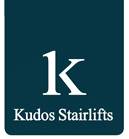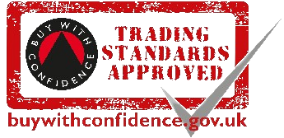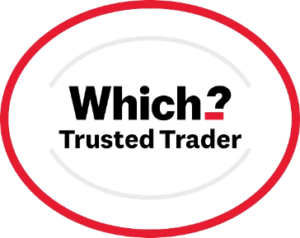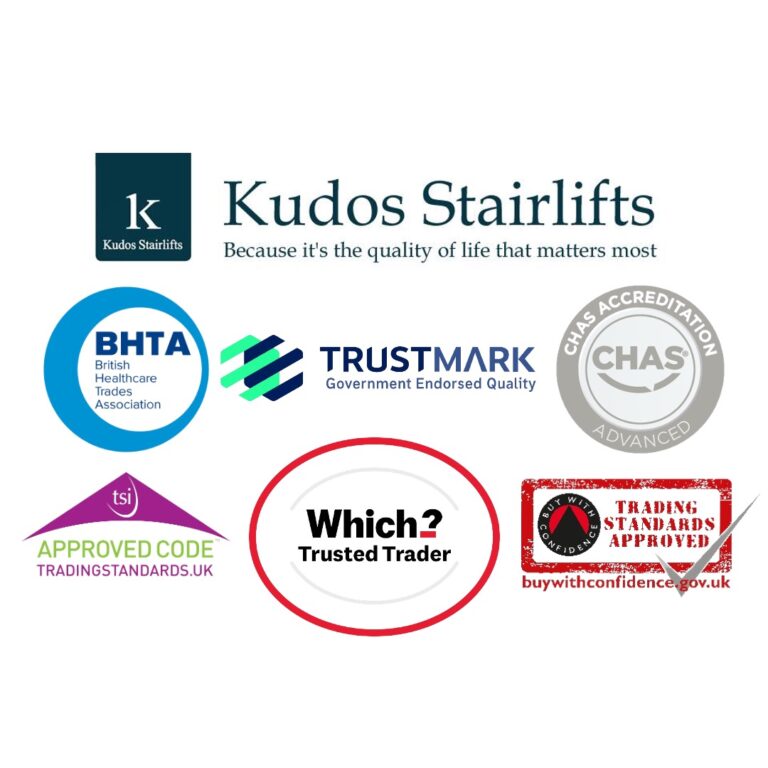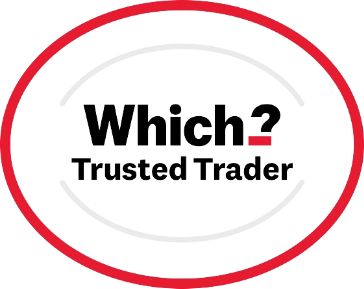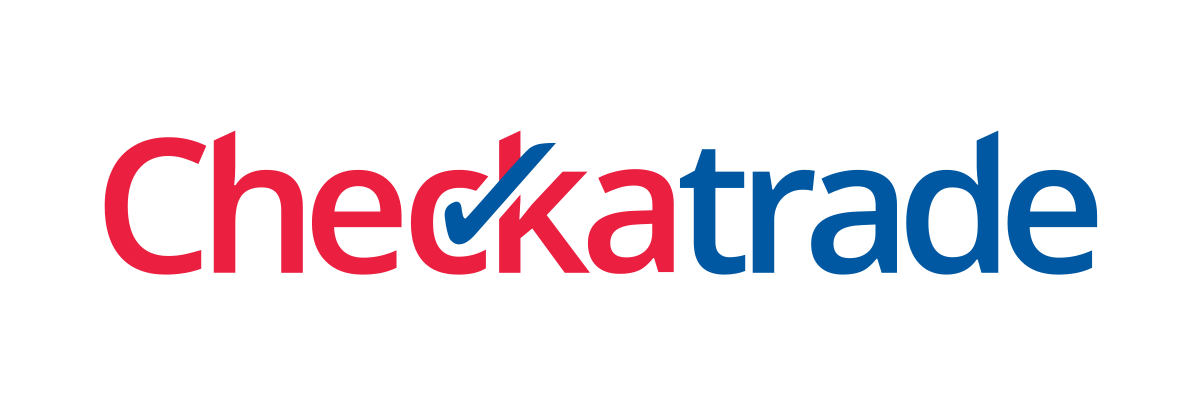‘The Importance of Being Honest’: make sure you don’t fall for fake stairlift comparison websites
In the age of digital information, consumers often turn to comparison-style websites to make informed purchasing decisions; for example, with the main concern of people contacting us at Kudos Stairlifts being ‘my mobility’, it can be an urgent need to find options for affordable stairlifts.
While legitimate comparison sites can provide valuable insights and help you find the best deals, some unscrupulous suppliers have taken advantage of this trend in order to make money from your contact details. They, or the marketing company they are working with, create misleading websites designed to look like a trustworthy source of information, including comparisons and quotes, about stairlifts and suppliers – in reality, the sole purpose is to generate leads that they then sell to other companies.
Here’s how these tactics work and what you need to watch out for when searching for stairlift suppliers.
The Eye-Opening Reality of Websites Designed to Mislead You
- What are fake quote comparison websites? Fake comparison websites mimic legitimate sites by offering comparisons of products and services. They typically feature reviews and ratings that seem credible but are often fabricated or manipulated. Their primary goal is to collect consumer contact information under the guise of providing helpful information. Unfortunately, the volume of these fake websites in the stairlift industry is increasing – ranging from stairlift price comparisons to stairlift reviews, even including false information about various stairlift suppliers.
- How do misleading lead generation websites operate? These websites often promise to connect you with top-rated stairlift suppliers, displaying a curated list of companies based on fictional metrics – and usually with unauthorised use of companies’ names and intellectual property. When consumers fill out enquiry forms, believing they’re getting personalised quotes or information, their details are harvested and sold to multiple suppliers. Often the website will mislead you to believe you will be contacted by a specific supplier, when in fact that supplier has no association with the website whatsoever and it will be completely different suppliers that contact you.
- What is the impact of fake information websites on consumers? For consumers, this practice can lead to an avalanche of unsolicited calls and emails from various suppliers, many of whom may not even provide the products or services you’re looking for. Instead of receiving genuine, tailored advice, you might find yourself overwhelmed by aggressive marketing and pressure selling tactics – having unwittingly given permission for your contact details to be sold on to these other suppliers. This is particularly cruel practice in the stairlift industry, where the customer-base is largely vulnerable.
How Can You Recognise Fake Stairlift Comparison Websites?
1. Check for credibility – Before using any comparison site, verify its legitimacy. Look for signs of credibility, such as:
- About us page: Legitimate sites will usually have clear information about their mission and team, as well as their company name. A quick online search of their company name should help you figure out if they are a legitimate stairlift supplier.
- Contact information: Reputable sites provide a way to reach them beyond an online form. Try calling the number displayed on the website to see if it is actually a stairlift supplier that answers, and/or if it is actually the company they claim to be.
- Transparency: Trustworthy comparison sites will explain how they generate their rankings and gather reviews, which you can then verify with your own research. If a stairlift comparison, information or reviews website has sections describing specific stairlift supplier companies it is worth going directly to those companies’ own websites instead.
2. Read reviews – Search for independent reviews of the comparison site itself. If users report similar experiences of receiving spam or being bombarded with sales calls, it’s a red flag. You can also search for independent reviews of any named stairlift suppliers yourself; these are best when they are verified by a third party, such as through the Which? Trusted Traders scheme.
3. Look for affiliate disclosures – Legitimate comparison sites often disclose whether they earn commissions from the companies they recommend. If there’s no such disclosure that is easy to find, it generally indicates that the website is more about generating leads to sell onto other business for a profit than actually providing unbiased information to consumers.
4. Check who owns the website – By looking at the registered company name in the website footer or in the website’s privacy policy, you can then do an online search to check who exactly owns and operates the supposedly non-biased information website – if you cannot find this information, it is clear that the website-owner is being deceptive by hiding the details.
Our Top Tips for Finding A Reputable Stairlift Supplier
- Direct research: Instead of relying solely on comparison or information websites, take the time to research suppliers directly. Look for well-established companies with strong customer reviews and a solid online presence.
- Seek recommendations: Ask friends, family, or health care professionals for recommendations. Personal experiences can lead you to reputable suppliers that may not be featured on fake comparison sites.
- Contact manufacturers & suppliers directly: Reach out to manufacturers and suppliers directly to ask questions and get a feel for their customer service. This can help you gauge their expertise and willingness to assist.
- Utilise trusted resources: Consider using well-established resources or forums dedicated to mobility aids and stairlifts. These platforms often provide honest reviews and advice from real users.
- Check suppliers’ accreditations: Ask suppliers for copies of their certifications and accreditations; a reputable company will readily provide this information. Ensure the organisations granting these accreditations are well-respected and recognised in the industry.
- Read reviews and testimonials: Customer feedback can provide insights into the reliability of the supplier and their products. It is important to check whether the supplier’s platform for customer reviews is verified by an external body (such as the Which? Trusted Trader endorsement scheme), to ensure the reviews are from real customers about their true experience.
While the internet offers a wealth of information, it’s crucial to navigate it carefully, especially when looking for significant investments like stairlifts. Fake comparison websites can mislead consumers and create frustration, but with vigilance and direct research, you can find reputable suppliers that truly meet your needs. Prioritise your safety and comfort by choosing trustworthy resources, and don’t hesitate to ask questions. After all, prolonging accessibility and mobility is about more than just convenience – it’s about ensuring peace of mind for you and your loved ones.
Contact our Client Focus Team today to discuss how a stairlift can improve and protect the quality of life for you and your family.
Choose from a range of industry-leading curved or straight stairlifts, suitable for almost any staircase and expertly installed by our own engineers.
Call us now on 0800 1522400 to arrange your free, no obligation survey and quote, or to ask any questions you may have.
